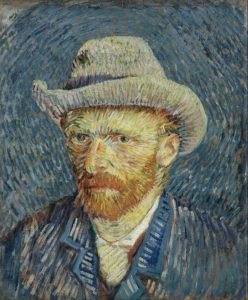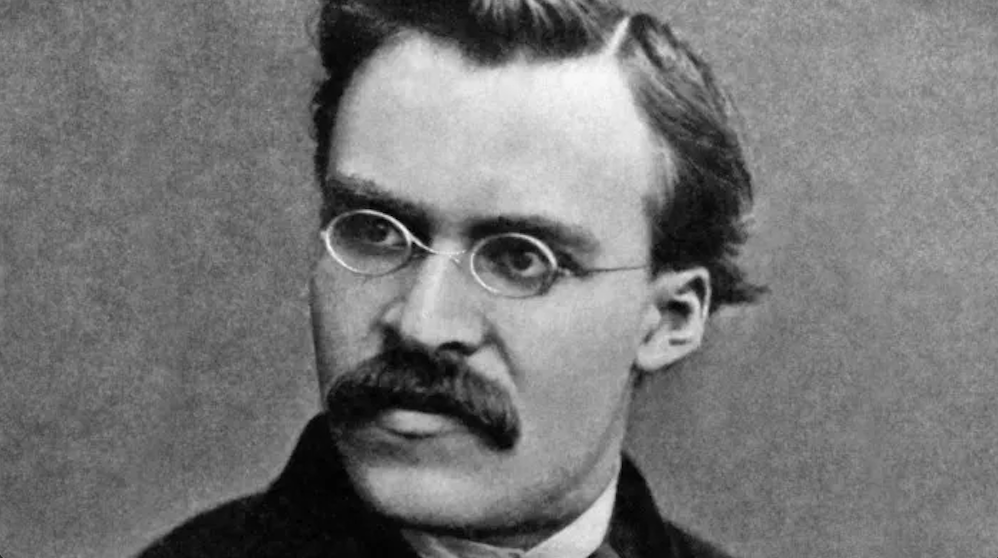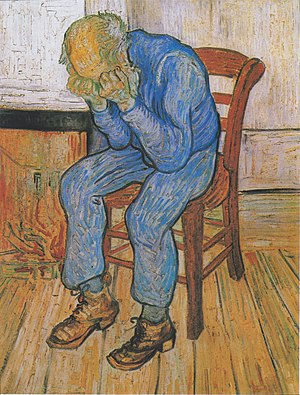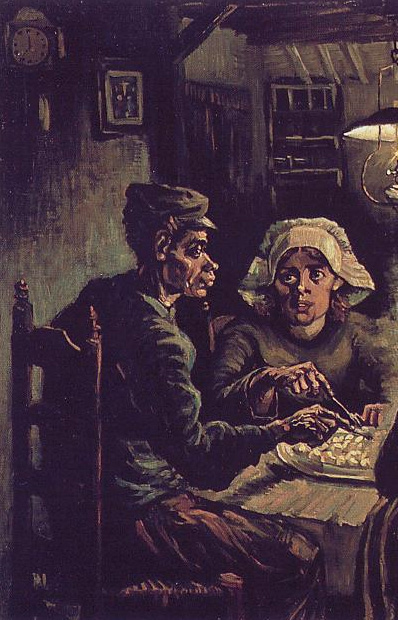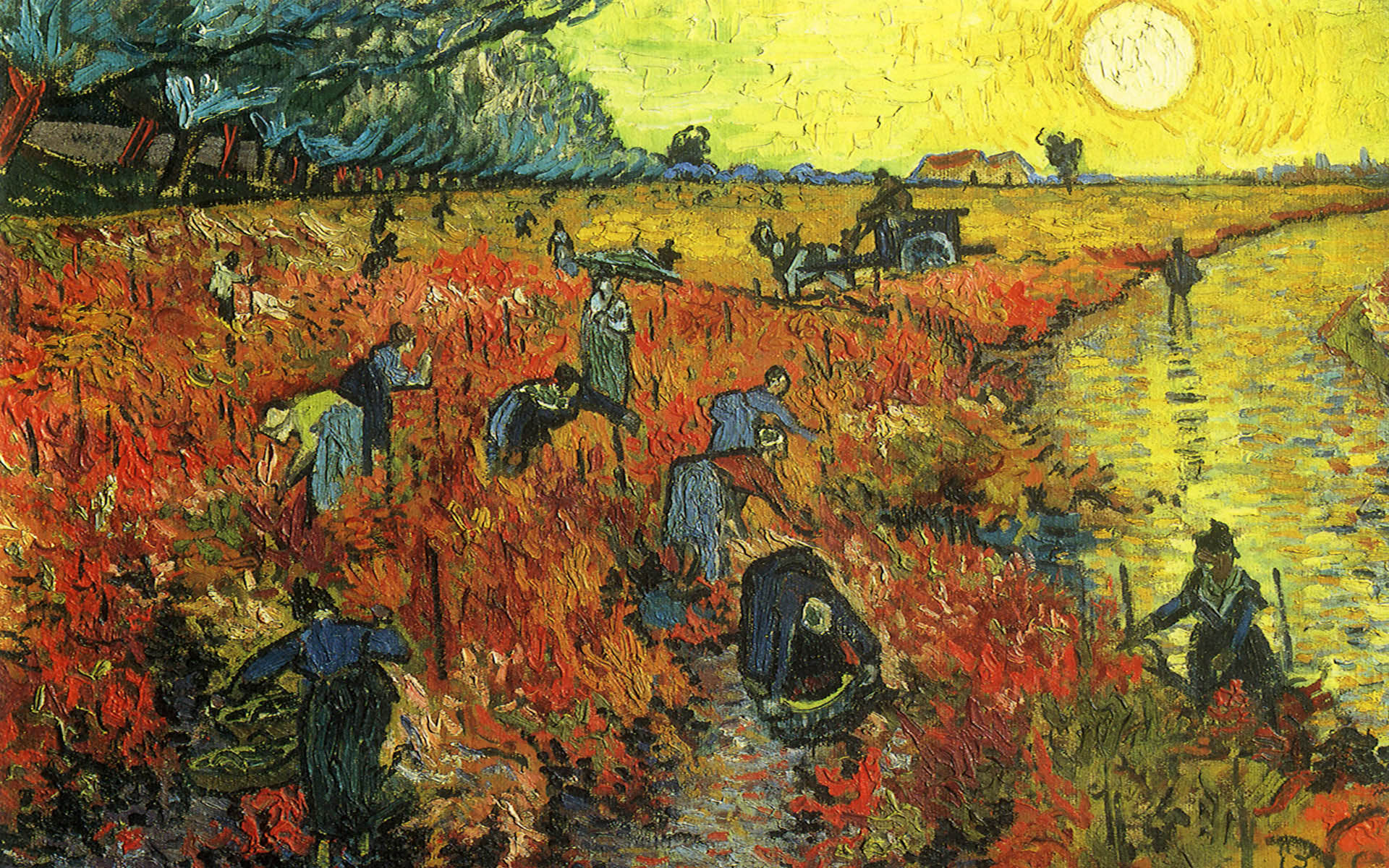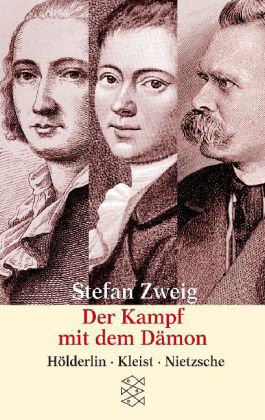A few blocks from the studio where I now live, on the 20th of last month, a shocking revelation from someone about what I love most in the world (only my correspondent Benjamin knows the details) affected me so profoundly that I’ve been searching for defence mechanisms to free myself from intense anxiety and anguish!
Today, while walking down a quiet street in Coyoacán, it occurred to me that to combat this state of mind brought on by the unexpected revelation, I’ll have to do extraordinary things.
After returning to this continent from a Spanish island in 2009, I spent several months thinking about the life of Vincent van Gogh. The best of the several books I read then was a huge one my friend Paulina gave me, which contains all his paintings (it was one of the ones that got wet in this year’s flood, and it took me a long time to dry it in the sun).
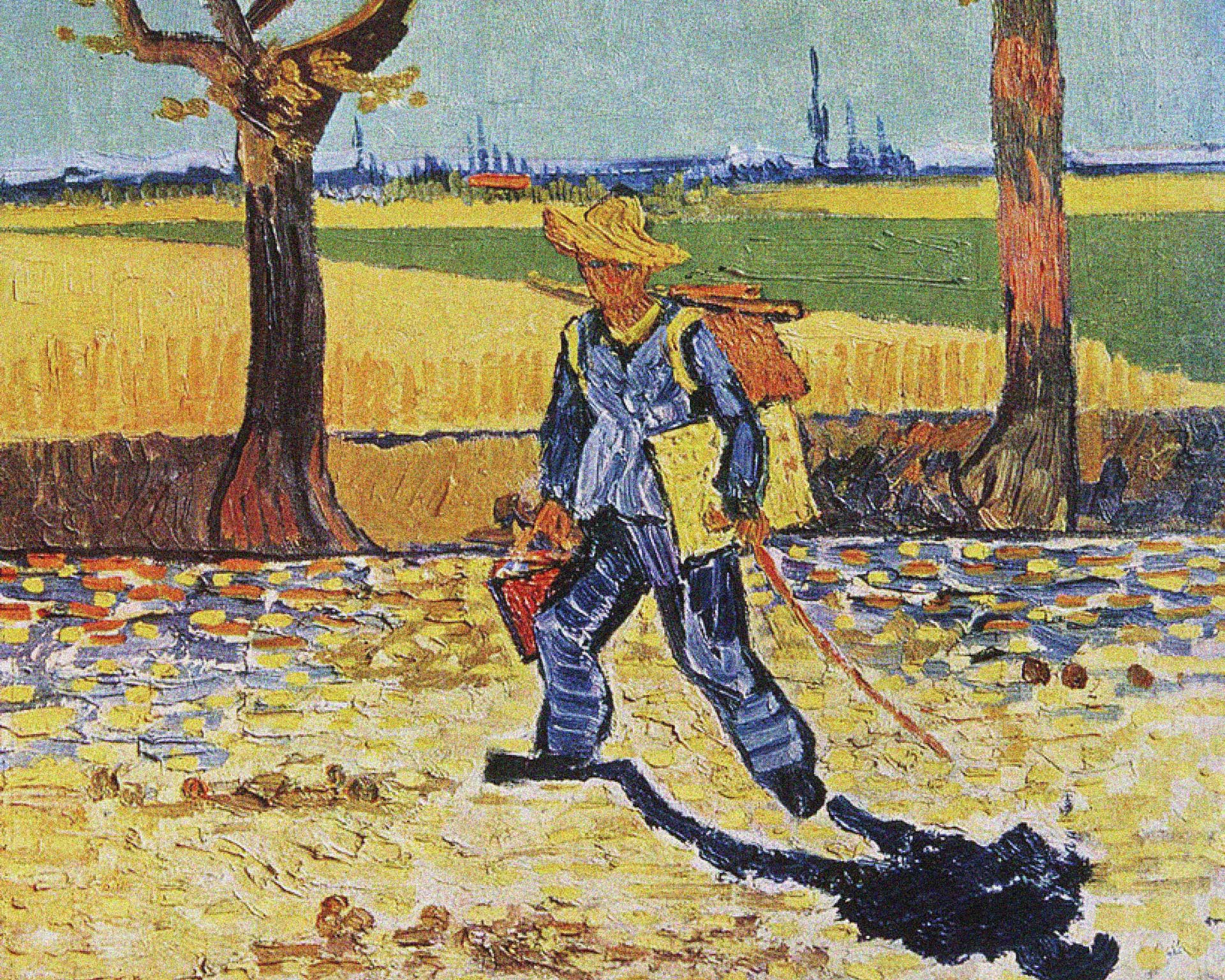
Van Gogh’s Painter on his way to work.
Vincent had a phrase that I’ve liked ever since: “active melancholy.” He was an absolute workaholic who painted from sunrise to sunset, sometimes even at night (one of the reasons the stupid villagers of Arles in France were scandalised and hurt him horribly by calling him crazy).
Now that the revelation, the details of which only Ben knows, is eating away at my soul, and it seems it will continue for months, if not years, I thought I’d emulate Brother Vincent.
In my case, of course, that doesn’t just mean continuing to translate my books (I think the second one will be ready soon for visitors to obtain via Lulu Press). Since I now have to work day and night to try to exorcise what’s corroding my soul, why not finally start on an idea I’ve had for a while?
I’m referring to creating a channel on Rumble—only there would they not cancel me—with a catchy title like “Nick Fuentes Critic.”
Among white nationalists, Fuentes is the only online streamer who speaks like a real man, so I respect him immensely, truly. Since Tucker Carlson interviewed him, Fuentes has been widely mentioned both on MSM and on social media. (By the way, aside from The Occidental Observer, it’s a shame that the rest of the racialist forums seem to envy him.)
So, if I “go for it” by recording myself in my native language (Spanish) and learning to use AI programs to translate the videos into English (the most sophisticated programs even modify lip movements to reflect the English words), I’ll be working just as obsessively as Brother Vincent.
It’s a very artificial way of trying to reduce the pangs of the inner demon that presently gnaws at my soul (ideally, I’d solve the problem in the real world, but to do so legally I’d need 15 million Mexican pesos, no less). But that’s how all the creators who have become geniuses operated. Although this doesn’t mean I consider myself a genius, I know it’s the only way to distract myself from the existential crisis that has befallen me since last month.
So, let’s get to work!
Since I’m 67 years old and quite clumsy with computers, it will take me much longer to learn how to use AI translation programs. But as I said, I have no other option given the circumstances.
The idea is to present the things Fuentes says in his podcasts, but criticise them from a National Socialist perspective. I repeat: I have immense respect for this young man. Compared to him, the vast majority of white nationalists seem like eunuchs to me. But I believe that his Catholicism, and in particular his Christian ethics, is detrimental to his very purposes (see my recent posts about Fuentes, especially what I say about the need to create Dachau concentration camps in the US).
It will be quite amusing, given that both Fuentes and I have Mexican blood. But it’s not our Indigenous heritage that makes us speak with such brutal frankness. It’s Spanish blood. Did any of you live in Franco’s Spain, when men still spoke in the way men used to speak? That is the way Fuentes and I speak!
And if learning the ropes of using AI translators takes longer than expected, I could start commenting on Fuentes’s programs in text form, like this very post.
It’s an indirect way of introducing the white nationalist I admire most: by criticising him. Fuentes has just extended the Overton Window (the JQ) in the marketplace of ideas among conservative Republicans. What I want now is to extend it further among the Groypers themselves.
Of course, if someone wants to help me translate my videos into English, it would save me a ton of work, and I could focus exclusively on the content of the “Nick Fuentes Critic” channel.
